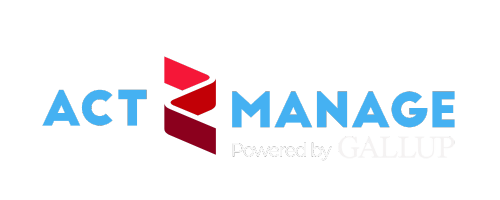This group consists of 7 friends, businessmen aged between 35 and 45. For several years, they have met for breakfast on Thursdays at 7.45. Believe it or not, every single Thursday.
The team is very diverse: managers from small firms and large companies, local and multinational, employees and entrepreneurs, from various industry sectors. They have a set of rules that the members abide by and there is a fixed agenda to follow. Each member starts out with a 3-minute summary of something that he learned over the past one week. If there is no learning to report, he can share any current thought of interest. This entrée is followed by a main thematic part. One of them hosts the session and presents a topic that he believes would be useful or interesting for the team. Every now and then, guests are invited, that’s how I turned up at the meeting. Typical themes include:
- entrepreneurship, leadership: self-awareness, self-directed learning
- private life, self-development: relationships, psychology, personal leadership, healthy lifestyle
- broadening perspectives: travel experiences, interesting fields of science, new technologies
At the end, there is a 10-minute closing round in which each member shares how he felt that day and then everybody leaves for work. Each agenda item is timed, therefore they always finish on time, by 9.15 the latest.
While I also have an idea why this is a useful habit, I decided to ask all the members why they are willing to invest a significant proportion of their time rather frequently to maintain this program. They are all busy senior managers. Here are a couple of things they greatly value:
- “Inspiration in various areas of development that I am interested in: leadership, building something, creating and adding value.”
- “New knowledge from exciting subject areas to broaden my perspective.”
- “Great ideas/thoughts from special guests.”
- “A safe environment to share my dilemmas, questions, success stories.”
- “Sincere feedback.”
- “Actual help with current problems.”
- “Different perspectives.”
- “Continuous follow-up and on-going support.”
At a first glance, it seems to be a huge undertaking to meet every week, but a by-weekly or monthly format would probably fit more people. They strongly believe, just as I do, that it has a good ROI.







